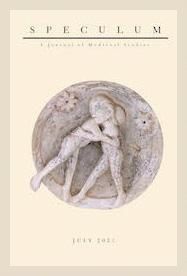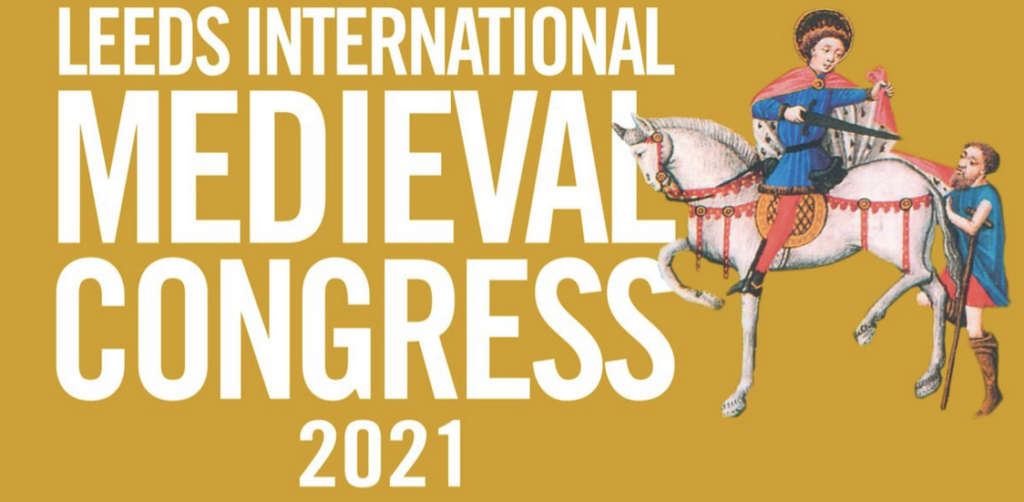Assistant Professor of Teaching, Global History Before 1500
Assistant Professor of Teaching (Educational Leadership Stream) in Global History Before 1500
The Department of History, University of British Columbia (Vancouver) invites applications for a full-time tenure-track appointment at the rank of Assistant Professor of Teaching in global history before 1500, with an expected start date of 1 July 2022. Fields and geographical specializations are open, but preference will be given to approaches that connect regions rather than perpetuate historical and historiographical insularity. Experience and expertise in auxiliary disciplines such as digital humanities or archaeology would be assets, but are not required. In addition to offering upper-division courses within their area of specialization, the successful candidate will teach the lower division undergraduate course in global history before 1500.
The normal teaching load of an Assistant Professor of Teaching is six 3-credit courses over the academic year. As this is a tenure-track position in the Educational Leadership stream, the successful candidate will be reviewed for reappointment, tenure, and promotion in subsequent years, in accordance with the Collective Agreement. For a description of the Assistant Professor of Teaching rank and criteria for reappointment and promotion, visit: http://www.hr.ubc.ca/faculty-relations/collective-agreements/appointment-faculty/.
We seek candidates who demonstrate a commitment to advancing diversity, equity, and inclusion of underrepresented groups in academia; to engaging the needs of diverse student populations; and to diversifying what and how we know about the past.
Candidates should have (relative to career stage and field) demonstrated or potential ability to: a) design and teach a range of courses in both lecture and seminar formats; b) advance innovation in teaching and learning with impact beyond one’s classroom; c) develop and successfully manage educational initiatives that enhance the undergraduate experience; d) foster collaborative work and reciprocal partnerships within the department, university, higher education, and/or broader communities.
Applicants should apply only through the History Department’s Internal Resources website at https://hist.air.arts.ubc.ca/6092-2-gh-jr3026/
Applicants should upload, in the following order, collated into a single PDF file:
- a cover letter or letter of application
- a curriculum vitae
- a brief statement identifying the applicant’s experience working with a diverse student body, and contributions, or potential contributions, to advancing a culture of equity and inclusion within the university and beyond
- a sample syllabus
- evidence of teaching effectiveness (such as course evaluations or peer reviews)
- a sample publication
Applicants should also provide names and contact information for three scholars willing to provide letters of reference; we will request letters directly for candidates who advance in the search process.
Review of applications will begin on 1 September 2021 and will continue until the position has been filled. Applicants with questions about the position are welcome to contact the search chair, Dr. Courtney Booker at cbooker@mail.ubc.ca This position is subject to final budgetary approval. Salary is competitive and commensurate with qualifications and experience.
Equity and diversity are essential to academic excellence. An open and diverse community fosters the inclusion of voices that have been underrepresented or discouraged. We encourage applications from members of groups that have been marginalized on any grounds enumerated under the B.C. Human Rights Code, including sex, sexual orientation, gender identity or expression, racialization, disability, political belief, religion, marital or family status, age, and/or status as a First Nation, Métis, Inuit, or Indigenous person. All qualified candidates are encouraged to apply; however, Canadians and permanent residents of Canada will be given priority.
UBC welcomes and encourages applications from persons with disabilities. Accommodations are available on request for all candidates taking part in all aspects of the selection process. For requests related to access needs, please contact the head of the History Department: History.Head@ubc.ca The University is committed to creating and maintaining an inclusive and equitable work environment for all members of its workforce, and in particular, for its employees with disabilities. An inclusive work environment for employees with disabilities presumes an environment where differences are accepted, recognized, and integrated into current structures, planning, and decision-making modes. For contact information regarding UBC’s accommodation and access policies and resources (for faculty and staff as well as students), please visit the Centre for Accessibility.
Given the uncertainty caused by the global COVID-19 pandemic, applicants must be prepared to conduct interviews remotely if circumstances require. A successful applicant may be asked to consider an offer containing a deadline without having been able to make an in-person visit to campus if travel and other restrictions are still in place.

 As I write this letter, many colleagues are taking vacation time; some may even be travelling abroad for field research postponed by the pandemic. I wish you all safe travels and hope you will have both productive time for research and downtime for reflection and replenishment.
As I write this letter, many colleagues are taking vacation time; some may even be travelling abroad for field research postponed by the pandemic. I wish you all safe travels and hope you will have both productive time for research and downtime for reflection and replenishment. The latest issue of Speculum is now available on the University of Chicago Press Journals website.
The latest issue of Speculum is now available on the University of Chicago Press Journals website. Join us on Monday, 5 July, 20:30 BST/15:30 EDT/12:30 PDT for a special off-program event, a conversation with MAA President Thomas Dale, Speculum Editor Katherine Jansen, and MAA Executive Director Lisa Fagin Davis. The panelists will give brief updates about MAA programming and activities for 2022 and beyond, and attendees will have an opportunity to ask questions and engage in conversation and discussion.
Join us on Monday, 5 July, 20:30 BST/15:30 EDT/12:30 PDT for a special off-program event, a conversation with MAA President Thomas Dale, Speculum Editor Katherine Jansen, and MAA Executive Director Lisa Fagin Davis. The panelists will give brief updates about MAA programming and activities for 2022 and beyond, and attendees will have an opportunity to ask questions and engage in conversation and discussion. 

